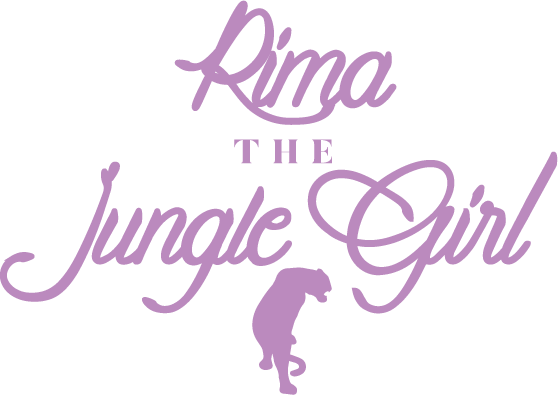
Psychotherapy Techniques Every Trauma Survivor Should Know
Table of Contents
Trauma can happen to anyone. It could come from a scary event, a painful experience, or something that made you feel unsafe. Trauma affects how we think, feel, and even act. But no matter how hard it feels, healing is possible. One of the best ways to heal is through psychotherapy techniques. These methods are tools that help people deal with trauma and feel better over time.
In this blog, we’ll talk about common psychotherapy techniques every trauma survivor should know. We’ll also explain how they help and when to reach out for professional support.
What is Psychotherapy?
Psychotherapy is a type of talk therapy. It means working with a trained therapist who listens to you and helps you find ways to feel better. Therapy is a safe space where you can share your thoughts and emotions without judgment.
For trauma survivors, psychotherapy can be a powerful tool. It helps process painful memories, manage emotions, and rebuild confidence. Many types of psychotherapy techniques focus on healing trauma.
Common Psychotherapy Techniques for Trauma
Cognitive Behavioral Therapy (CBT)
CBT is one of the most well-known psychotherapy techniques. It helps people understand their negative thoughts and how these thoughts affect their feelings and actions. For example, someone might think, “I’ll never feel safe again.” CBT teaches them to challenge this thought and replace it with something positive, like, “I’m working on feeling safe.”
CBT focuses on the present and helps people develop healthier ways to think. This technique is helpful for trauma survivors because it reduces fear and builds confidence.
Eye Movement Desensitization and Reprocessing (EMDR)
EMDR is another effective trauma therapy. While it sounds complicated, it’s a simple process guided by a therapist. During EMDR, the therapist asks you to think about a painful memory while following your hand movements with your eyes.
This technique helps your brain process difficult memories, making them less overwhelming. Many people find relief from trauma symptoms after using EMDR.
Mindfulness and Relaxation Techniques
Mindfulness means paying attention to the present moment. It can be as simple as noticing your breath or focusing on the things you see, hear, or feel right now.
Relaxation techniques, like deep breathing or gentle stretches, help calm the body and mind. These methods are easy to learn and can be practiced anywhere. They are among the most helpful psychotherapy techniques for trauma survivors who often feel tense or anxious.
Trauma-Focused Therapy
Some therapies are designed specifically for trauma. These focus on helping you talk about your experiences in a safe way. They also teach coping skills to handle emotions and stress.
Why Psychotherapy Techniques Work
Psychotherapy techniques work because they teach new ways of thinking and acting. Trauma often makes people feel stuck like they can’t move past their pain. Therapy helps by breaking this cycle.
Additionally, these techniques give people tools to handle fear, sadness, and stress. For example, mindfulness helps calm the mind, while CBT builds positive habits. Over time, these small changes lead to big improvements.
When to Seek Professional Help
If trauma feels too big to handle alone, it’s important to seek help. Here are some signs that therapy might be a good idea:
- You feel sad, anxious, or angry most of the time.
- You have trouble sleeping or eating.
- You avoid people or places that remind you of the trauma.
- You feel stuck and don’t know how to move forward.
Therapists are trained to use psychotherapy techniques that are safe and effective. They can guide you through the healing process and support you every step of the way.
Conclusion
Healing from trauma is a journey, but it’s one you don’t have to take alone. With psychotherapy techniques, you can learn to manage your feelings, process painful memories, and rebuild your confidence.
If you or someone you know is struggling with trauma, reaching out to a therapist is a brave and important step. Remember, healing is possible, and you deserve to feel better.
Take the First Step Toward Healing with Rima
Ready to feel lighter and more in control of your life? Rima, The Jungle Girl, specializes in compassionate care tailored to your journey. With expert guidance in psychotherapy techniques, she helps you uncover your inner strength and move forward with confidence.
Don’t wait—schedule your session today and start your path to healing!
Frequently Asked Questions (FAQs)
No, these techniques work for people of all ages. Therapists adjust them to fit kids, teens, and adults.
It depends on the person and their trauma. Some people feel better in a few weeks, while others take longer.
No, you only share what you feel comfortable with. Therapists work at your pace.
Yes, some techniques, like mindfulness and relaxation, can be practiced at home. But for deeper healing, working with a therapist is best.
Healing takes time. It’s normal to feel like progress is slow at first. Stick with it, and you’ll notice changes over time.








